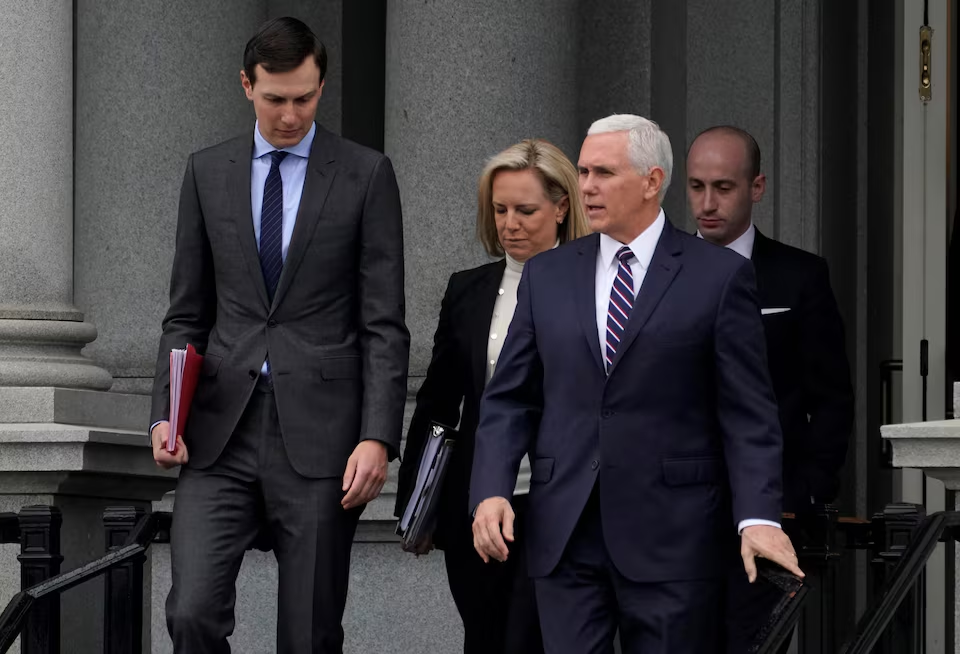For the first time during the ongoing federal government shutdown, senior lawmakers from both parties expressed cautious optimism about a possible resolution.
This shift in tone provides hope that critical government functions could soon resume. Millions of federal employees and citizens affected by stalled services may see pay restored and operations reopened.
The shutdown has impacted numerous agencies, delaying services ranging from healthcare support to regulatory approvals. Lawmakers’ renewed willingness to compromise signals potential relief for those affected.
Experts note that bipartisan dialogue is essential for reaching a deal. Early signals of cooperation suggest that negotiators are exploring solutions that could end the impasse.
Public confidence is closely tied to the outcome. Extended shutdowns can disrupt economic activity, and resolving the stalemate may restore stability for businesses and households reliant on government services.
While optimism is cautious, the talks indicate a recognition of urgency on both sides. Lawmakers face pressure to address the situation quickly to mitigate further economic and social impacts.
Analysts expect negotiations to continue in the coming days. Key issues include budget allocations, funding timelines, and policy agreements that satisfy both parties.
If an agreement is reached, federal agencies could resume normal operations, back pay could be issued, and delayed programs could restart. This would provide relief to millions of Americans affected by the shutdown.
Observers emphasize that successful resolution depends on compromise and collaboration. The shift in tone from lawmakers marks an important step toward ending the prolonged federal stalemate.
Overall, cautious optimism in U.S. government shutdown talks provides hope for a resolution. Progress in bipartisan negotiations could reopen services, restore pay, and stabilize affected sectors.



